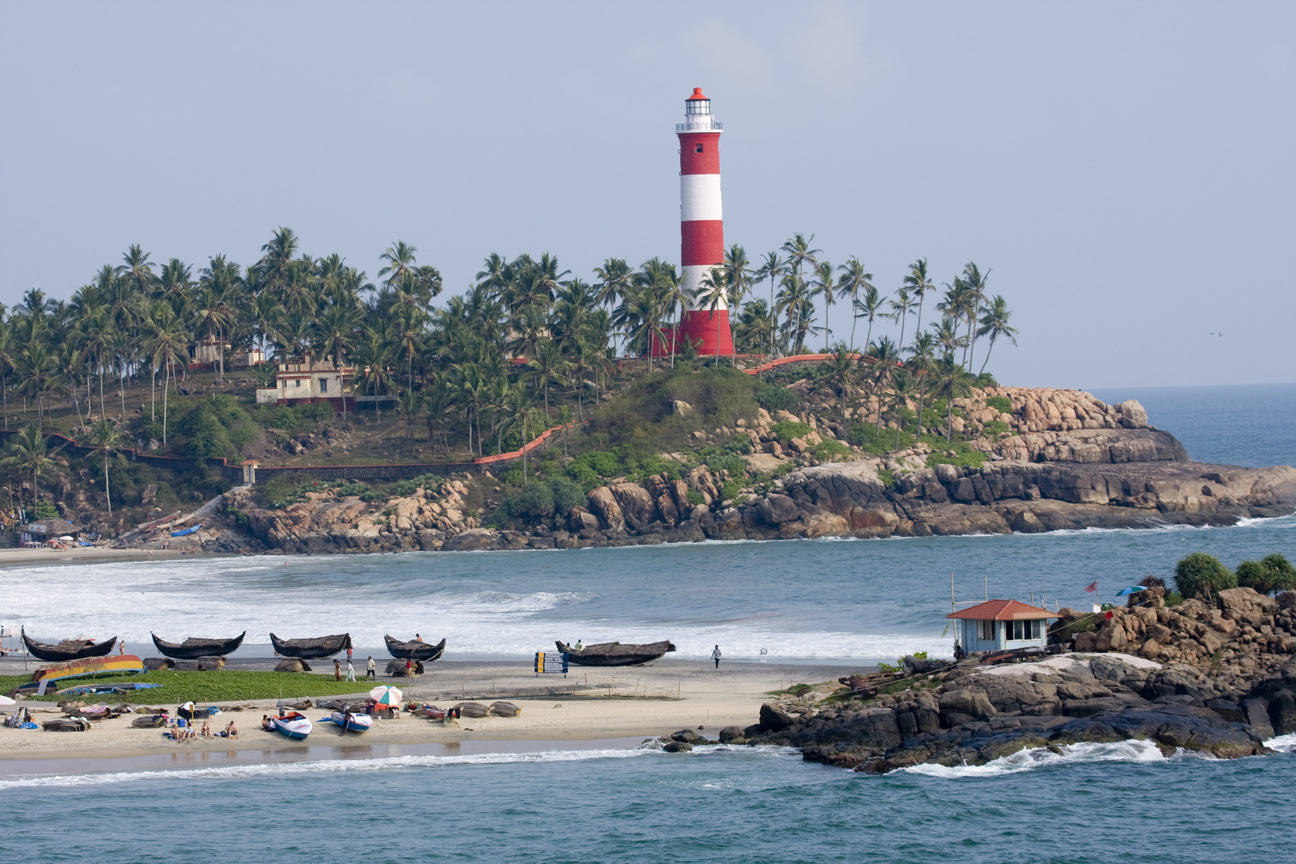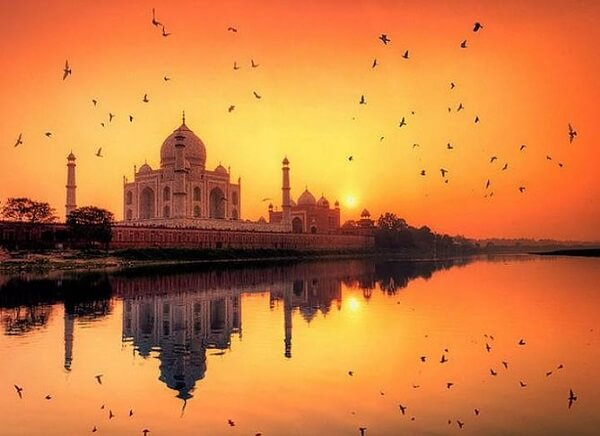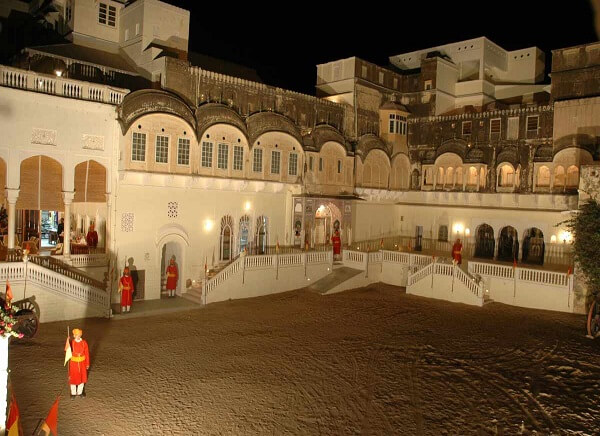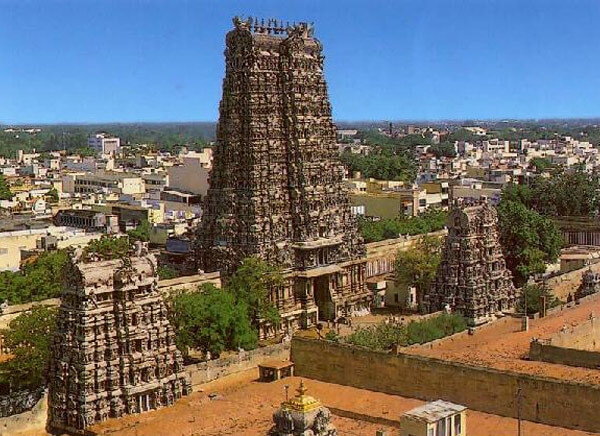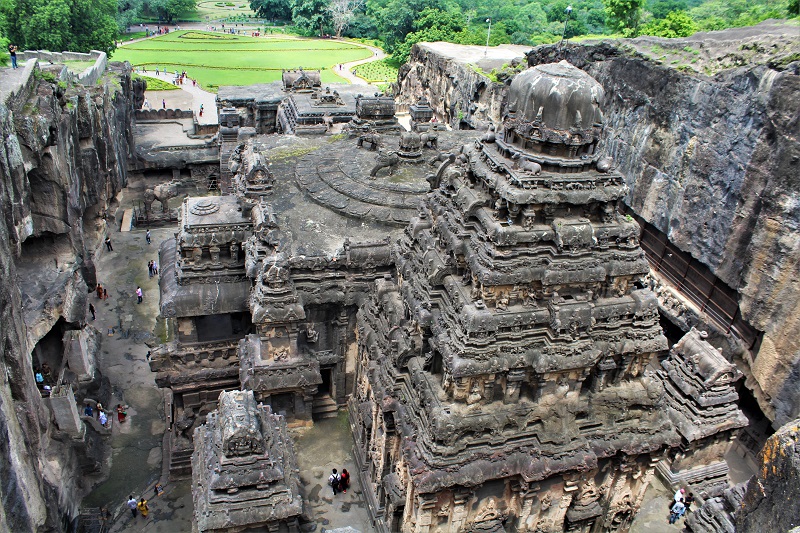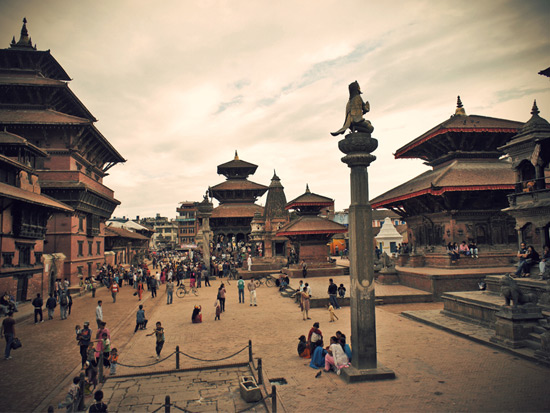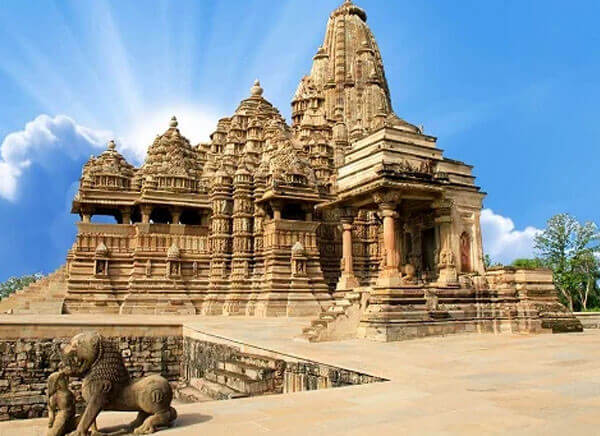How Many Types of Visa in India - A Complete Guide
India is one really incredible country which has its admirers spread all over the globe. However, citizens of almost all countries require to a Visa to witness and explore the beauty of India. It is said that getting a Visa for a country is a difficult task, but Indian Visa is easily accessible if applied in a right manner. Not only the application process is easier and cheaper but also provides you an option for getting an e-visa.
Here, we have made a complete guide on Indian Visa which will give you most of the information regarding the different types of visas available, their plus-points and also the procedure through which the chances of you visa application getting approved increases. If you are also one of the die-hard fans of India and want to be witness the daily madness and chaos of the people of the country, then read the article carefully!
The Different Types Of Indian Visa
Indian country offers different types of Visas for different purposes. This guide will help you chose the visa fit for your purpose of visit. But one thing that remains common for all Visas is that you need to religiously follow all the guidelines mentioned in the application form such as the size of photo required, etc. for getting approved. Other careless mistakes like misspelled names, location, dates, etc. must also be avoided for a sooner approval. Another important thing to keep in mind before applying for visa is to make sure that your passport has a validity of more than six months from your travel date. This information was in general for all type of visas, but now read about the different types individually!
1. Tourist Visa
Tourist Visa is for those people who wish to visit people, go sight-seeing or want to attend short term programs. The main highlight under tourist visa is that depending on the nationality and reason of visit of the applicant, a person can get a tourist visa for around six months but it is impossible to stay in India for more than a period of six months under tourist visa.
Earlier, at least a gap of two months was required for re-applying for tourist visa but now though this rule has been removed but some exceptions are still there. Also remember that an application takes up to 45 days to process as it is approved by Ministry of Home Affairs, this is applicable even if you apply for another tourist visa a month before the expiry of your old one.
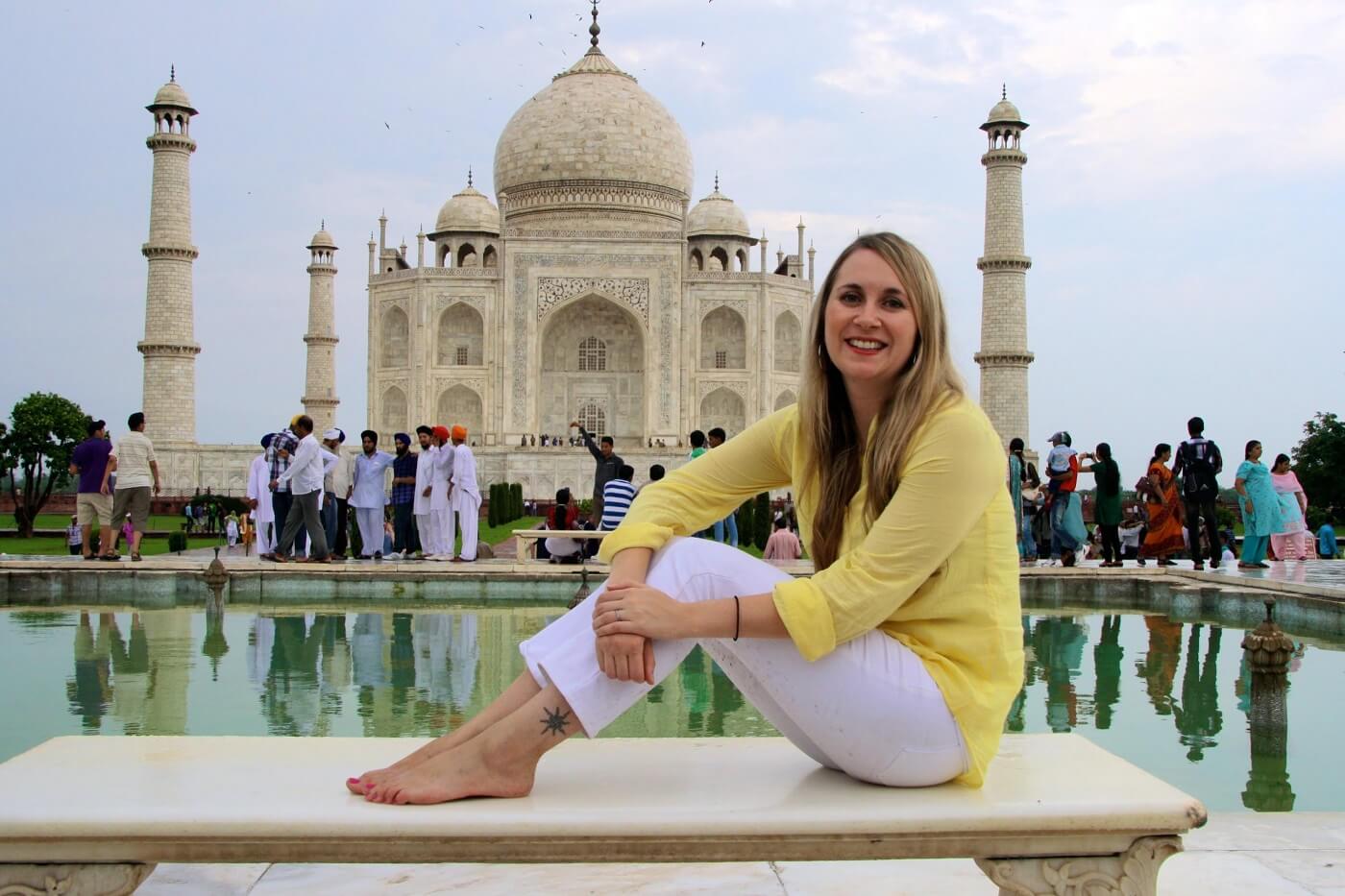
Must Read : How to Get India Tourist Visa – A Complete Guide
Other India Tour Packages
- Tour Packages by Durations (1 - 5 Days, 6 - 10 Days, 11 - 15 Days)
- Tour Packages by Theme (Honeymoon, Wildlife, Beaches, Adventure)
- Tour Packages by Regions (North India, South India, Central India, Nepal)
- Luxury Train Tours in India (Palace on Wheels, Maharaja Express, Deccan Odyssey)
2. Employment Visa
If you are a foreigner working in India under a registered organization, then Employment Visa is for you. Even if you are working a volunteer for long-term periods then also you can apply for an employment visa. Employment Visas are valid usually for one year or for the period of contract, however, in India they can be extended too.
Those highly-skilled foreigners who are coming to India for working in power and steel sectors are issues Special Project Visas. For applying for an Employment Visa to India you require a proof that justifies your working in an Indian company or organization such as a contracting which states all the terms and conditions.

Also Read : India Starts Visa on Arrival for South Korean Nationals
3. Business Visa
Those looking forward to conduct business or to explore business opportunities present in India, Business Visas are available for them. Business Visa is different from Employment Visa as under Business Visa the applicant is not expected to work in an Indian organisation and earn a specific income. Though a Business Visa is valid for up to a period of five to ten years with multiple entries but unless the Business Visa holders register themselves with the Foreigners Regional Registration Office, usually even they are also not allowed to stay in Indian premises for more than a span of 180 days at a time.
For the application of a Business Visa the applicant requires to submit a letter stating particulars like the nature of the business, places to be visited, staying duration, intention of meeting expenses, etc. from the organisation with which they intend to do business with.

Also Read : India Extended E-Visa Facility for 37 More Countries
4. Student Visa
A Student Visa allows people to come to India for long-time studying at an officially recognised Indian educational institution. The studies can vary to different fields even including, long-term study of Vedic culture, yoga, Indian dance or music system, etc. Having a tourist visa is not sufficient for long term studies in well-known educational institutions and hence students from foreign countries require a student visa. Student visas are valid up to five years and can also be extended in India, depending upon the course duration.
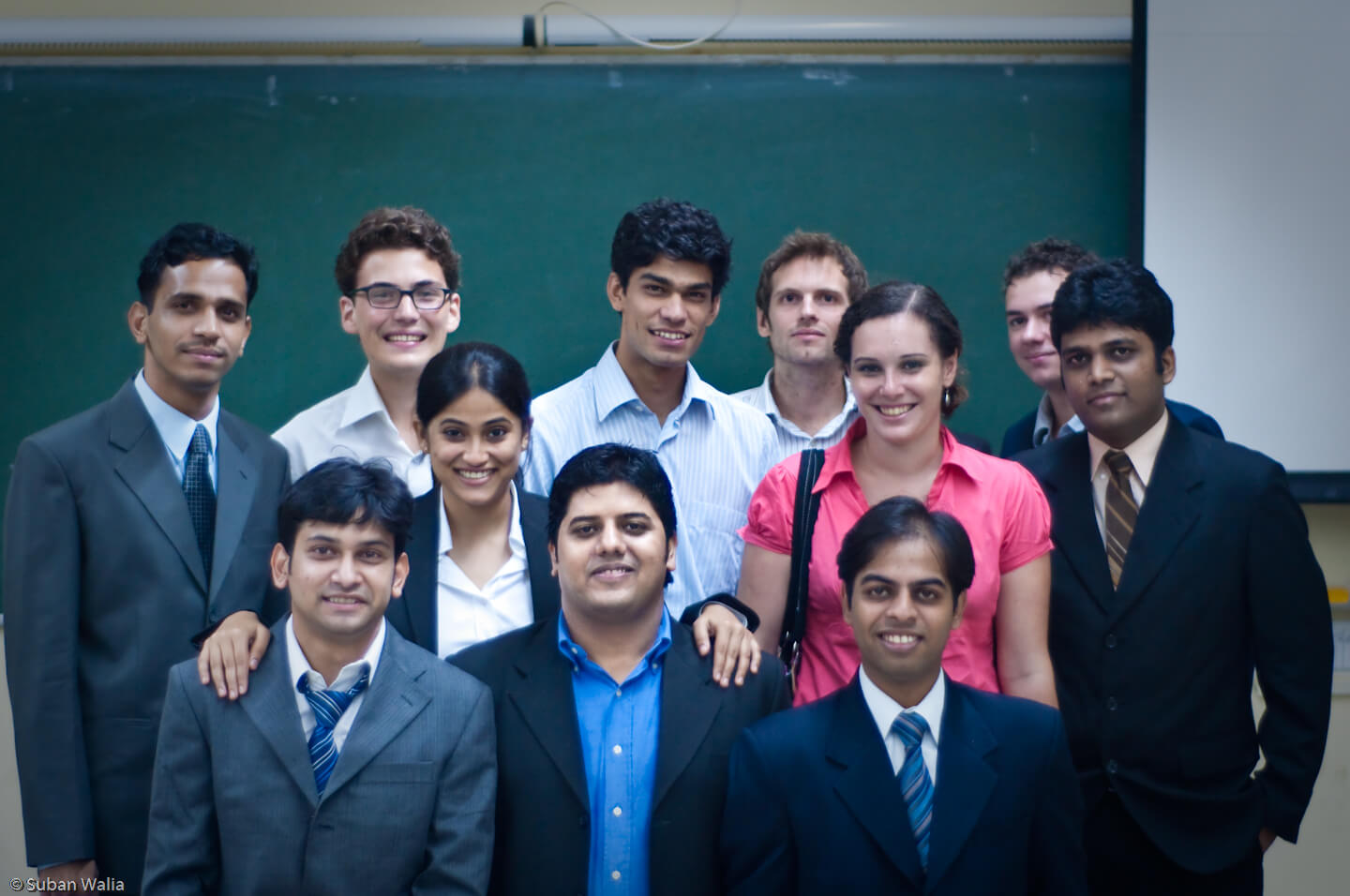
Also Read : What Do I Need To Travel To India?
5. Intern Visa
The foreigners who want to pursue an internship in an organisation in India and meet up to some specific conditions can now get an Intern Visa. Earlier these people have to go through the complications of getting an Employment Visa. One necessity with Intern Visa is that, the time period between completion of graduation or post-graduation and commencement of internship must not exceed one year.
Moreover, one thing should be kept in mind while getting this visa is that an Intern Visa cannot be converted into Employment Visa or any other type of visa. The validity of an Intern Visa is up to the time period of internship program or one year, whichever of the time period is less would be considered as the valid period of Intern Visa.

Also Read : Top 18 Interesting Facts about India
6. Medical Visa
Those who are seeing long term medical treatments at registered and recognised Indian Hospitals or treatment centres, must go in for Medical Visas. For getting a Medical Visa, the nature of the treatment must be significant such as heart surgery, neurosurgery, organ transplant, etc. With the approval of Medical Visa, up to two Medical Attendants would be issued to accompany the patient. If, you are undergoing a short-term treatment, which will last for say 60 days, then you can even apply for e-Medical Visa.

Also Read : Essential Hindi Words and Phrases for Travel to India
7. Journalist Visa
Are you a professional journalist or photographer and wish to explore India? If yes, then opt for Journalist Visa as it not only allows you to click photographs and write travel stories professionally but also gives you access to a particular region and person. If you are a journalist or employed in a media company and mention journalist as your occupation on the application form, despite the purpose of your visit to India, chances are that you will be made to get a Journalist Visa for entering the country. India is very sensitive when it comes to media (writers and editors too) and journalists due to how they may portray the country, hence the Journalist Visas are really difficult to get. This visa is valid for a duration of three months.
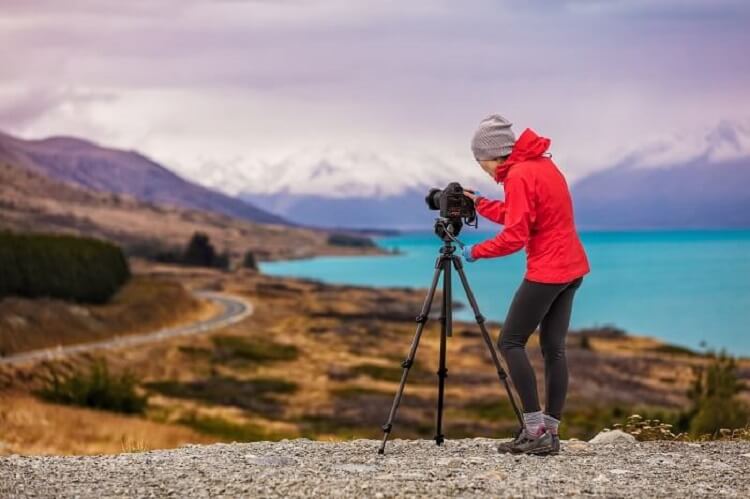
Also Read : What Do I Need To Travel To India?
8. Conference Visa
For attending conference in offered by an Indian government organisation in India, the delegates need to get a Conference Visa. However, those who have to attend a conference offered by a private organisation in India, must go for Business Visa.

9. Film Visa
The people, who wish to make a TV show or a commercial film in India, will require a Film Visa to do the same and anyone who will shoot that documentary or film or advertisement will need a Journalist Visa. The Film Visa is valid for a time period as long as one year. However, the Film Visa application takes up to 60 days for processing as it is reviewed and approved by Ministry of Information and Broadcasting.
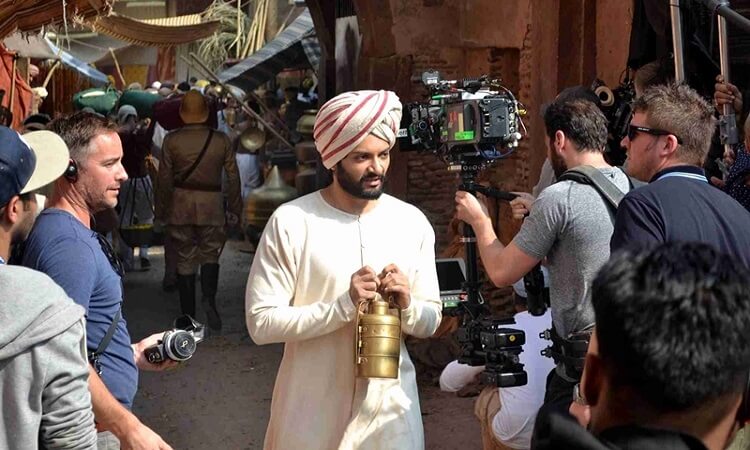
10. Research Visa
One of the most difficult categories of visas to get is Research Visa and they are issued only to scholars and professors who plan to come to India for research related purposes. The fact that adds on to the piles of obstacles in getting the visa is that the application for Research Visas take up to three months for being granted as they are first sent to the Department of Education and then are approved by the Ministry of Human Resource and Development.
Moreover, the restrictions and requirements associated with Research Visa are many. Therefore, many people who wish for conducting a research informally in India and do not plan on staying for a time period of more than six months in the country usually chose to apply for a Tourist Visa which is comparatively easily granted.
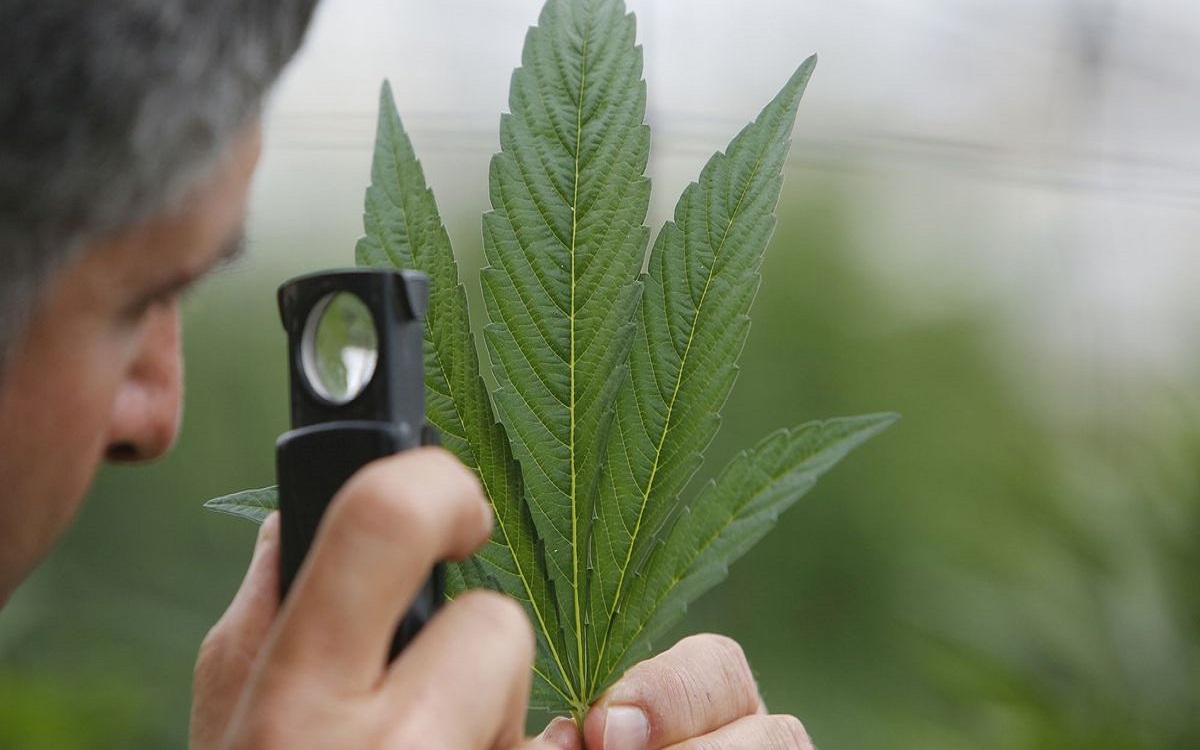
Also Read : Top Things That First-Time Indian Visitors Should Know
The Benefits Of E-Visa
The travellers from foreign lands who wish to visit India for sight-seeing, for casual business visits, for recreation, for meeting friends and family and for short term medical treatments or educational programs; E-Visa is a blessing for them. The initiation of E-Visa has simplified and improvised the visa application for hundreds of people. This popular scheme is accessible for nationals of many countries and is valid up to 3 entries for a period of 60 days which can be increased to 30 days more.
The scope of visas under E-Visa scheme has increased to include short term medical treatments, educational courses or casual business trips or a cruise tour of India which earlier required different separate visas. Under this benefit of Electronic Visa scheme, people can easily apply online for Electronic Travel Authorization and then upon arrival in the country get a visa stamp. However, remember that even after opting for E-Visa you would still be required to print a copy of the Indian Visa which you receive from mail as when you arrive in the country you would need to get it stamped at the airport.
Moreover, the E-Visa is good for those people who are sure of not extending their visit from 60 days. (The information changes frequently, so check it once). E-Visa with the new addition can now also be used for double-entry, that is, for leaving and re-entering the Indian premises. You can apply 120 to 4 days prior of your arrival for getting e-visa (This detail changes frequently, so check on the Indian government website).
E-Visa facility can be used for getting an electronic Tourist Visa, Business Visa and Medical Visa and can be applied twice a year. Though E-Visa can be accessed at the 24 major airports of India, but it is still better to check once as the list of e-visa accessible airport may have changed. Make sure, that you check the details regarding the Indian Visa only from the official website of Indian Government.
Also Read : Planning A Trip to India – Ten Step Guide Explained
General Information for Visa Application
The key guideline which you must follow for getting your Indian Visa application approved is to be completely honest while applying for the Visa. Even if you don’t know the right suitable Visa for you, but you are honest with your purpose of visit and other details, then the authorities will do their best to provide you with the right Visa. But why go in case of possibilities when here you can grab the required information? Some other visas, which you may need are also written here.
If you want to take photographs or write professional travel stories about India for a professional publication then you will need a Journalist Visa. If you are just pursuing travel blogging casually or a hobby blogger, then a Tourist Visa is enough for you. It is no complicated, just make sure to not cross the line between tourism and professional work on Tourist Visa and you will remain safe.
If you are interested to go to India for volunteer work, you need a Volunteer Visa. Some other Visas like conference, transit, film and research visas are also there which are self-sufficient with their names to tell you whether to opt for them or not. Applying for Indian Visa is not a complicated task, if you get all the details right in the first go. Remember a mistake can cost you your chance of Visa!
We hope that our guide on Indian Visas would have not only helped you in choosing the right visa for you but also would have helped you in applying for it!


